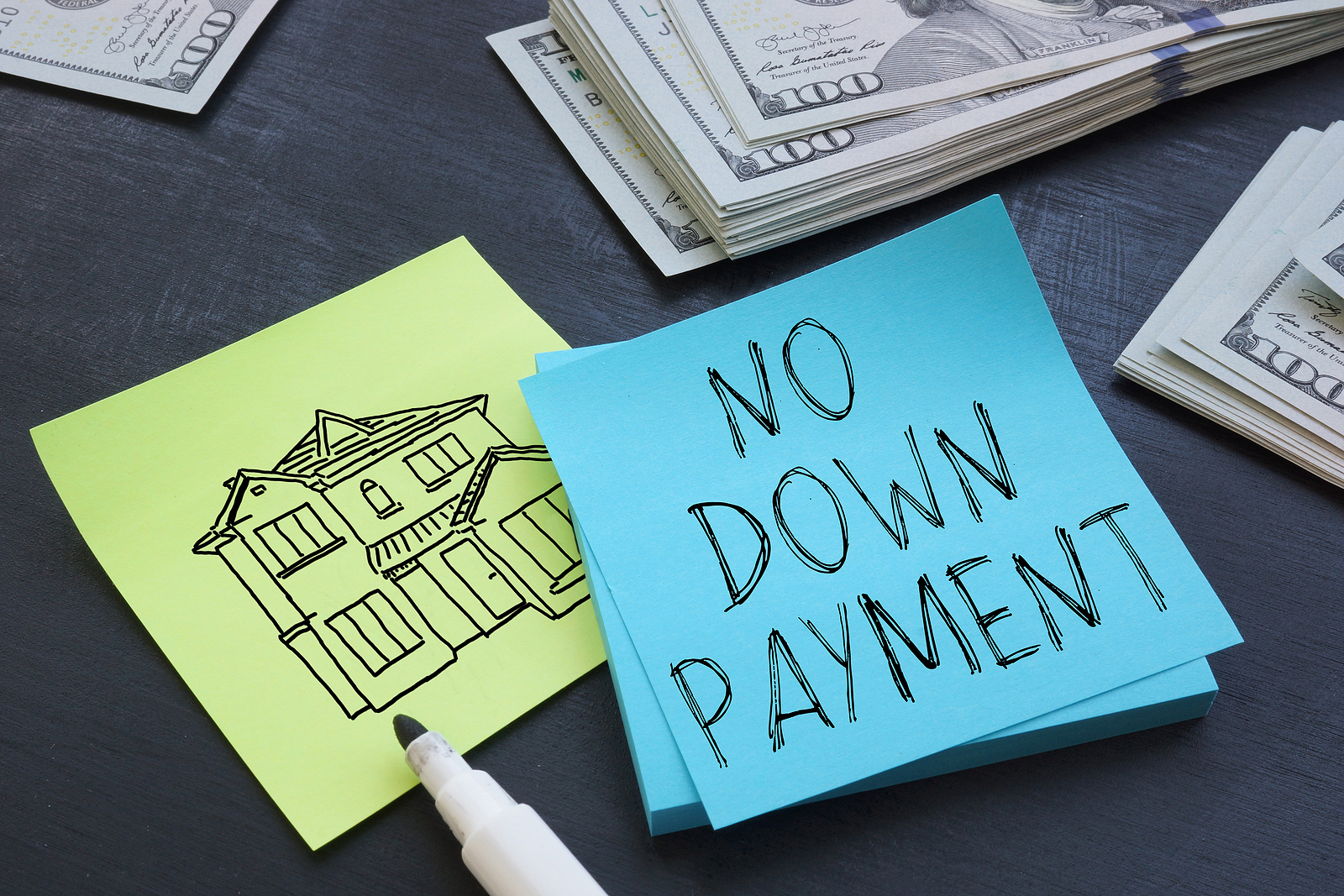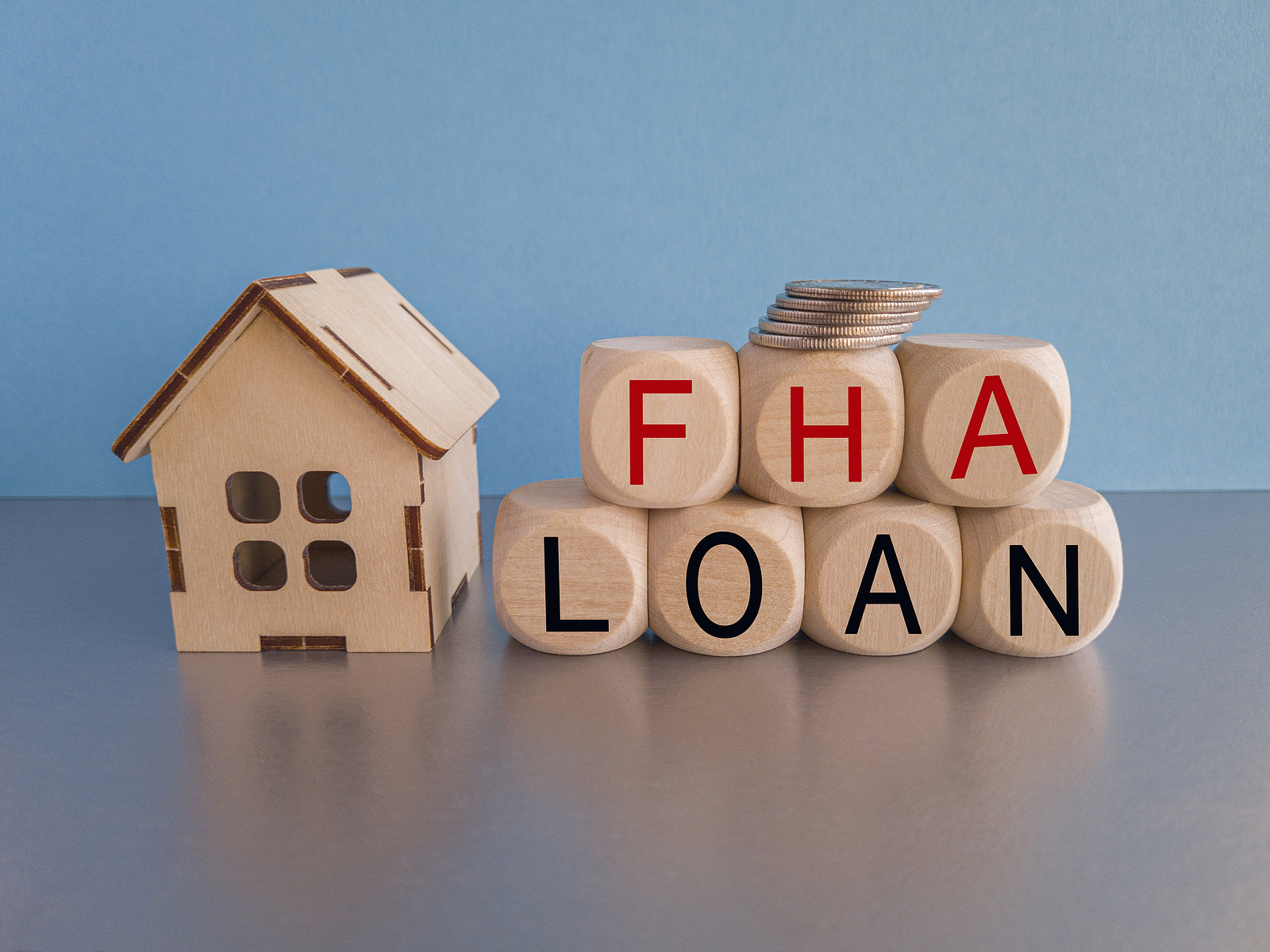Millions of would-be homeowners struggle under the misconception that they can’t buy a house without having a huge down payment to give the lender. In reality, there are several ways to realize the dream of homeownership with little cash out of your pocket.
1. No down payment loans
If you are a current or former member of the United States military or the spouse of a deceased member, you may qualify for what is one of the best loan programs in the country, offered by the United States Department of Veterans Affairs.
The VA doesn’t grant the loan, a conventional lender will do that. Instead, the VA offers a guarantee making the lender far more likely to trust borrowers with less-than-perfect credit and no down payment.

If you qualify, you also won’t have private mortgage insurance (PMI) tacked onto the loan, saving you a significant chunk of money every month. There is a one-time VA funding fee (waived for some borrowers) that you’ll need to pay and that amount varies, according to certain conditions.
There is also no mortgage insurance requirement, which saves you money on your monthly payment.
The U.S. Department of Veterans Affairs has published an online guide to help you learn all there is to know about their home loan program.
The U.S. Department of Agriculture (USDA) also provides home loan programs, one that is similar to the VA loan in that it offers a guaranty to the lender and another that is a direct loan from the USDA.
Both loans have no down payment requirement. The catch is that you must buy a home in an area that the USDA considers “rural” and the home must be “modest,” meaning it contains no extra bells and whistles.
Check all eligibility requirements online at USDA.gov.
2. Low down payment loans
Most homebuyers are familiar with the home loan program offered by the Federal Housing Administration, or FHA for short. Although conventional loans make up the bulk of mortgages nationwide, the FHA-backed mortgage is the most widely used loan program by first-time homebuyers.
Down payment requirements range from 3.5 percent to 10 percent, depending on how your finances look and the lender’s requirements. You will be required to purchase PMI and, unlike a conventional loan, you must continue paying the insurance premium for the life of the loan.
If your credit score is at least 620, you agree to take homeowner classes, completely document your assets, income and debt and you can pay for PMI, you may qualify for a Fannie Mae or Freddy Mac home loan. These have a 3 percent down payment requirement

3. Down payment assistance programs
Local, state and federal agencies offer an array of down payment assistance programs. Here’s a list of just a few:
Grants – Would-be homebuyers love grants and it’s easy to see why: unlike mortgage loans, grants don’t need to be repaid. Think of them as gifts with some requirements attached. You still need to meet the program’s eligibility requirements or fulfill certain conditions to receive them.
Low-Interest Loans – For many homebuyers, a low mortgage payment can significantly improve their monthly budget. Low-interest loans are exactly what they sound like home loans with lower-than-average interest rates that deliver the benefit of a low monthly payment.
Zero-Interest, Forgivable Loans – If you plan to live in your home for a while, a forgivable loan could be a great fit. After a set number of years–usually 5, but up to 20, lenders will forgive these loans entirely. But if you move out before the forgiveness period ends, you may need to pay back some or all of the loan. Visit Security National Mortgage Company’s website for details.
If you are interested in learning more about any of these programs, give us a call. Although we aren’t mortgage professionals, we are happy to refer you to several lenders who will gladly explain the terms of these home loan programs.
